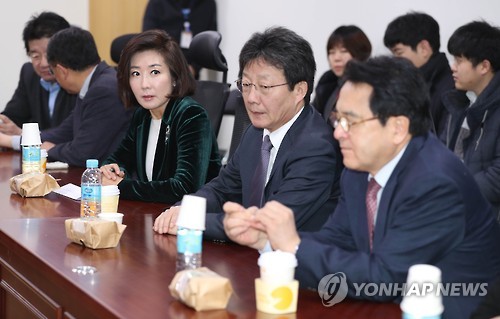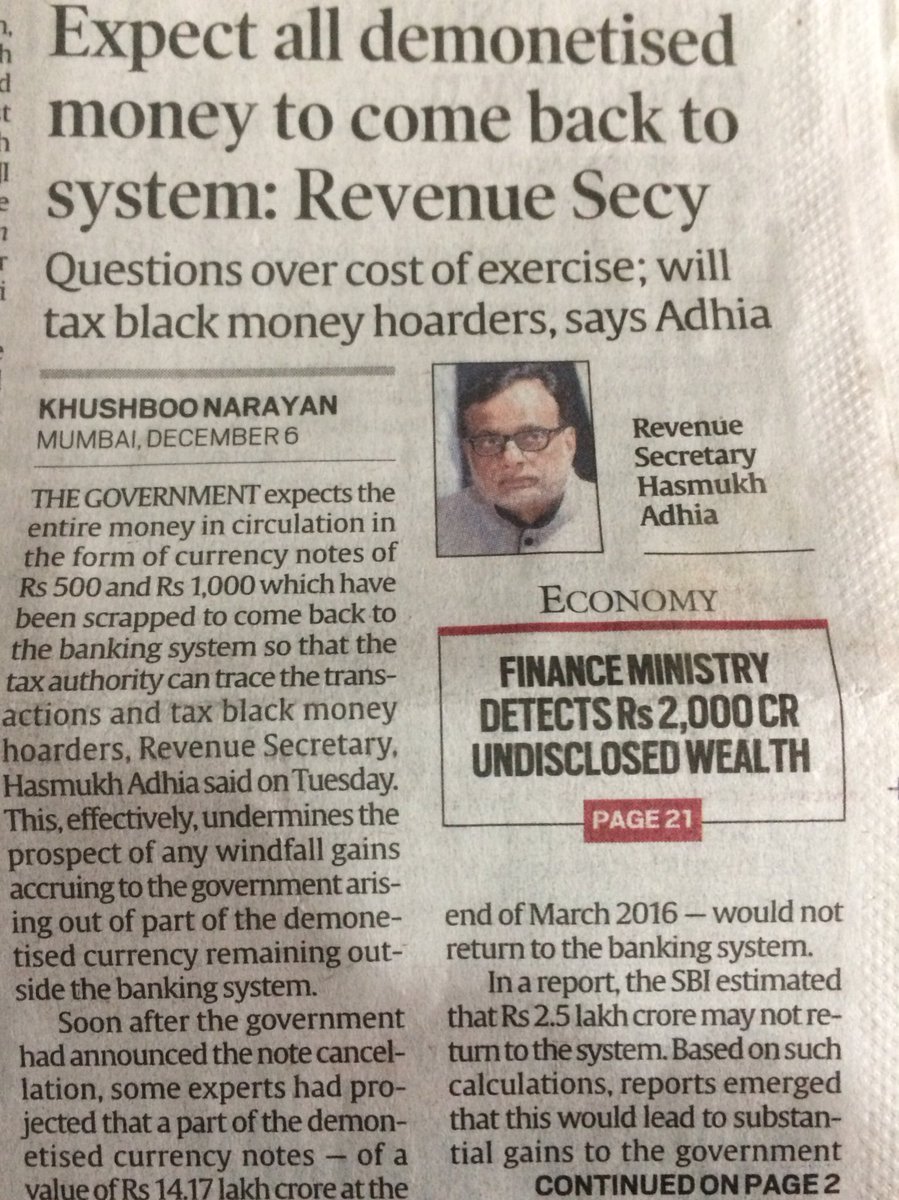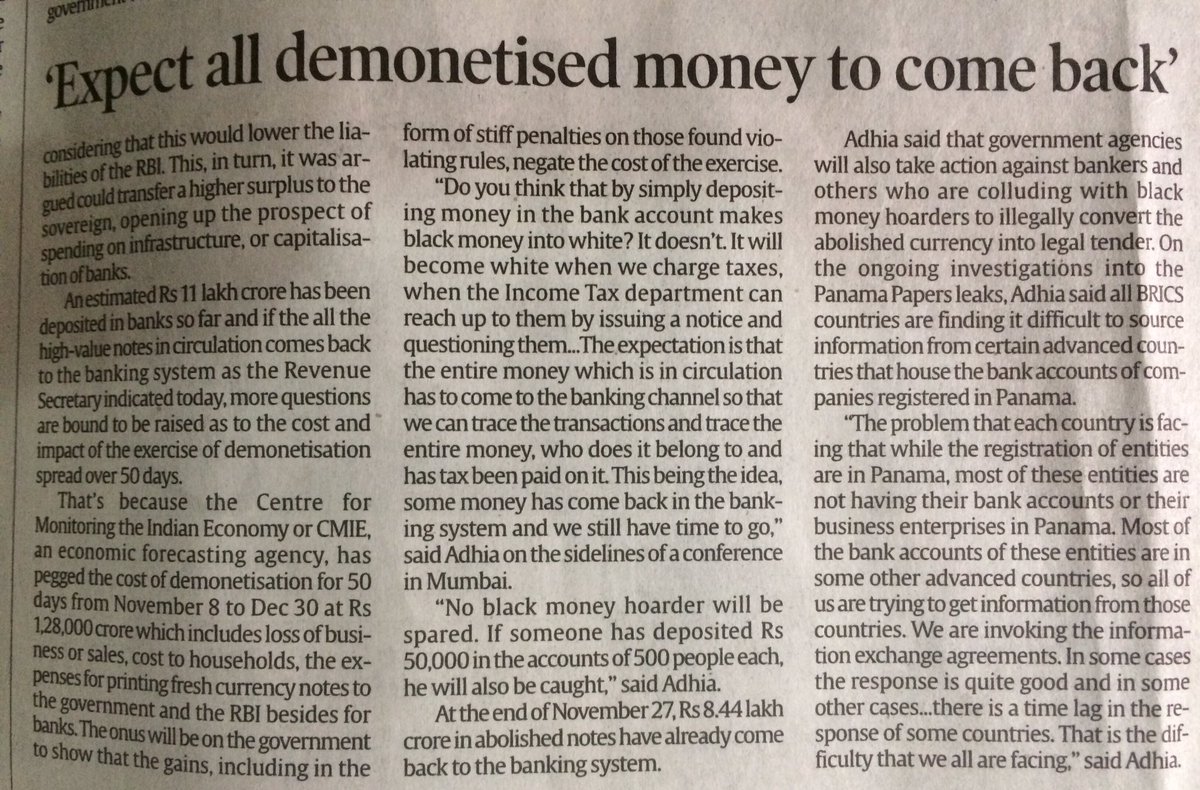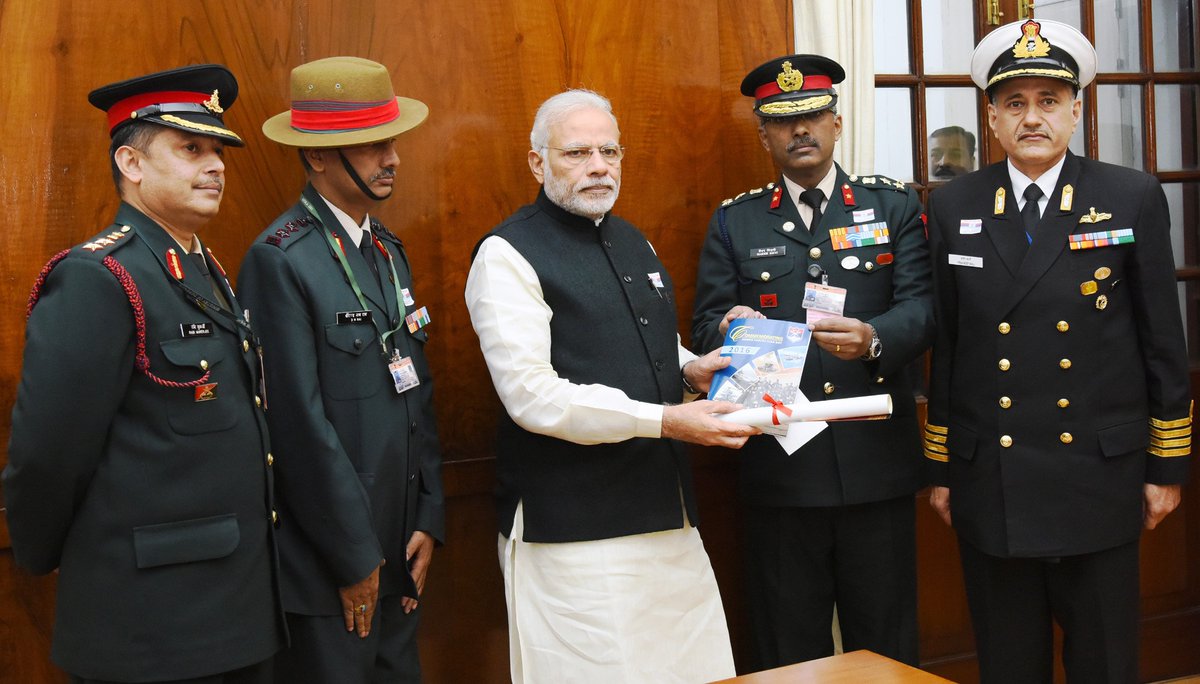New Delhi 6 December 2016
1- Upon the invitation of His Excellency Shri Dharmendra Pradhan, Minister of State of the Ministry of Petroleum and Natural Gas of the Republic of India, Ministers, industry leaders, heads of international organisations, and invited energy market stakeholders of the member countries of the International Energy Forum (IEF), and the International Gas Union (IGU) gathered at the 5th Meeting of the Bienniel IEF-IGU Ministerial Gas Forum, hosted by the Government of the Republic of India on 6 December 2016 in New Delhi, India.
2- Under the theme “Gas for Growth: Improving economic prosperity and living standards” ministers deepened their dialogue, while engaging with industry representatives as well as energy thought leaders on the role of gas to enable an orderly energy transition that strengthens energy security, stimulates economic growth and enhances healthy energy market functioning, prosperity and wellbeing globally.
3- Gathered in New Delhi India, one of the world’s largest new gas consuming markets, counting more than 1.2 billion prospective gas consumers in the world, and most rapid growing economy that is seeking to embrace the “Age of Gas”, ministers from both producing and consuming countries, exchanged views in three sessions on gas for growth and sustainability, regional gas markets; new prospects for trade and integration, and policy trends for investment across regions.
4- Sessions included key note presentations by His Excellency Shri Dharmendra Pradhan, Minister of State of the Ministry of Petroleum and Natural Gas of the Republic of India, His Excellency Mohammed Bin Saleh Al-Sada, Minister of Energy and Industry, Qatar the Secretary General of the Gas Exporting Countries Forum, His Excellency Seyed Mohammad Hossein Adeli, the Chairman and Managing Director of Gail India, Shri B.C. Tripathi and Nizar Mohammad Al-Adsani, the Chief Executive Officer of the Kuwait Petroleum Corporation, among the many senior level interlocutors from government, industry and international organisations.
5- Mindful of the outcomes of the 15th Session of the IEF Ministerial Energy Forum held in Algiers on 26-28 September 2016 that took place against the background of key governance initiatives, such as, the 2030 Agenda for Sustainable Development adopted at the United Nations Sustainable Development Summit on 25 September 2015, the landmark “Paris Agreement” concluded the 21st session of the Conference of Parties to the United Nations Framework Convention on Climate Change, as well as new energy governance initiatives in the framework of the G20 and other platforms, discussions focussed on how gas resources and technologies can stimulate sustainable growth, diversify economies, improve air quality, keep global warming within agreed thresholds, and achieve energy access goals.
6- Ministers discussed global market developments that are charactarised by more abundant gas supplies, weaker than expected demand growth, and the global spread of new technologies that enables more diverse gas trade between global gas and demand centres in which Asia and Liquified Natural Gas (LNG) flows are rapidly increasing market share. They noted that this has made gas markets more competitive, and the terms of trade more short-term and flexible between a broader range of gas producers and consumers that stand to further benefit both.
7- Ministers acknowledged that increasing supplies on a more competitive global gas market creates new opportunities for gas importing countries to lock in supplies on more favourable terms. On the other hand enduring gas market supply abundance reduces investment incentives in the development of upstream gas resources. Growing gas trade volumes and opportunities may expose global gas markets to new risks and price fluctuations, as shifts in regional markets can propagate with greater ease across a better interconnected system. Delegates noted the importance of strengthening dialogue on a rolling basis, and that bilateral producer-consumer relations built up over the past decades remain critical for longer term gas market security.
8- Delegates recognised that a denser global midstream sector with more diverse pipeline and flexible LNG trade capacity should encourage governments to consider market reforms that reduce price, regulatory, infrastructure and other hurdles, and industry to consider more cost efficient operations and innovate on business models. For all stakeholders it would be important to seize the opportunity of more abundant gas supplies and trade in shaping healthier energy matrices that increase economic prosperity and living standards in both consuming and producing countries while delivering on globally agreed goals.
9- Noting that gas can be a driving force to help achieve an orderly energy transition, and is projected to make the largest contribution to societies across the world, when compared to other energy technologies in energy outlooks, delegates acknowledged that an enhanced producers-consumer dialogue on the evolution of gas markets is neccesary for both governments and industry to seize on these opportunities arising on the medium term, and maintain longer term gas market security.
10- Ministers noted that on one hand the future of gas is bright considering 21st century demographics that require economic prosperity and living standards to increase across societies, but that on the other hand, established policies and business models require closer consideration in light of current energy market projections. To facilitate future gas demand growth trajectories, ministers and industry delegates affirmed their commitment to:
禮bsp; The IEF producer-consumer dialogue welcoming initiatives to conduct an energy technology neutral, inclusive and ongoing dialogue on the platform that the IEF uniquely provides to ensure gas markets make an optimal contribution to energy matrices, for governments and industry to deliver on economic growth, climate change, and energy transition goals.
禮bsp; The Joint Organisations Data Initiative (JODI-Gas) and the JODI 5-Year Plan that Ministers validated at the 15th International Energy Forum meeting on 26-28 September 2016 in Algiers, aiming to improve complete, timely gas market data reporting on a more visible and userfriendly JODI platform, and to explore improving energy market data transparency in general.















